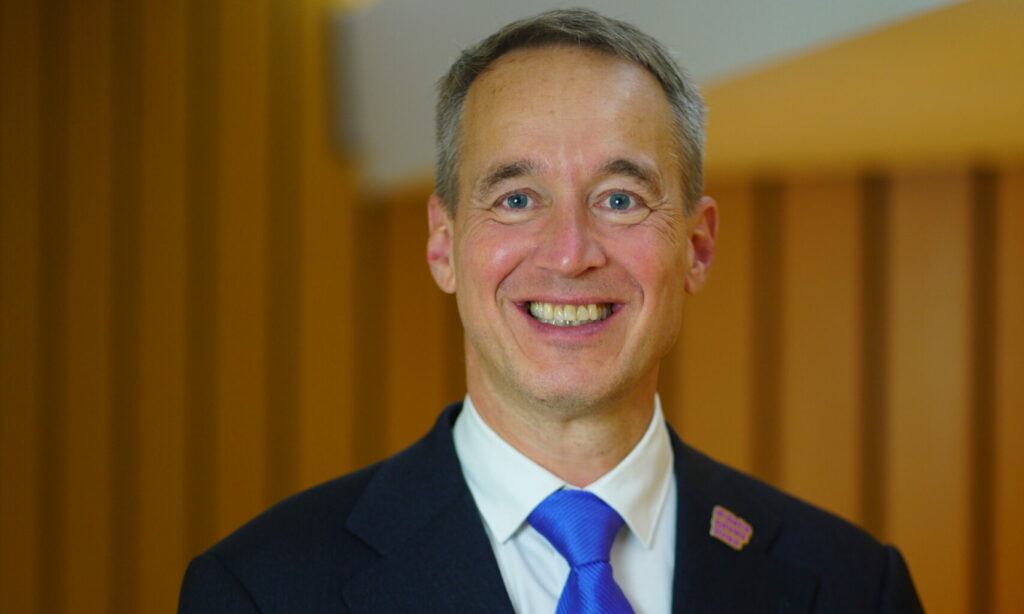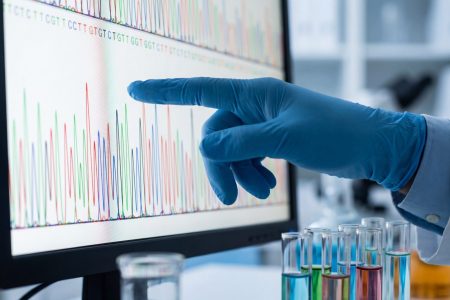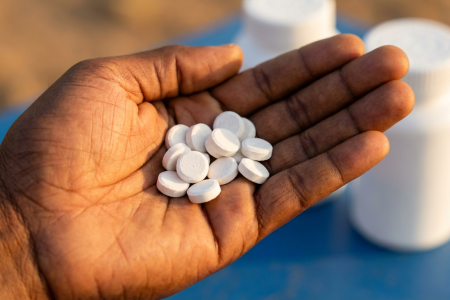Ronald Cornet is a Professor of Medical Informatics at Amsterdam UMC (University of Amsterdam), leading research on health data semantics and standards—terminology systems, information modelling, and FAIR data principles. His group works on making health data findable, accessible, interoperable, and reusable —so it’s truly ready for analysis and reuse. He is one of the visible faces behind ERDERA’s Data Hub.
Why is high‑quality, well‑governed data foundational to ERDERA’s mission in rare diseases, and what problems is it helping to solve right now?
Data is the fuel of ERDERA’s mission to enhance our insights in rare diseases, to expedite diagnosis, and to find new treatments. Data quality is often insufficient, and any good-quality data is hard to find, hard to access, and hard to combine. Therefore, in ERDERA we continue to unlock the potential of data through our data hub, which already enables us to gain wider insight in the prevalence of rare diseases throughout Europe. Over time, as data increases quantitatively and qualitatively, we should be able to contribute even further to ERDERA’s mission.
In light of that, what would you say are the main challenges in turning the vast amount of rare disease data into meaningful, usable knowledge?
The challenges are threefold, and they relate to people, software, and data. First, we have to increase the trust of patients and professionals to make their data accessible for research. Second, the development and maintenance of software that keeps the data safe is crucial. Finally, the data needs to hold a certain quality —not only by being correct and complete, but also by interlinking organisations and countries. This requires a thorough understanding of both the data and its origin.
Data is everywhere in the Rare Disease community. How do you think about “analysis‑ready” data?
I’d like to think most datasets arrive analysis‑ready—but in practice, that’s often not the case. A lot of our work focuses on bridging the gap between raw data and data that’s genuinely ready for robust analysis. That includes harmonising to standards, ensuring clear semantics, documenting provenance, and performing rigorous quality checks. To ensure the highest level of data protection, we do not collect or centralise data for analysis (“data harvesting”). Instead, we use a “data visiting” approach, where the analysis tools are brought to the data, allowing sensitive information to remain securely at its original location.
What are the most important quality and standardisation aspects teams should focus on?
Mainly, understand the data’s quality dimensions: completeness, correctness, consistency, and timeliness. Semantics matter: how concepts are represented, which terminologies are used, and whether mappings are unambiguous. Format and structure also count—use common data models and standards where possible to reduce friction when merging data. Above all, treat data quality as a continuous process. Don’t just assume; test hypotheses, perform sensitivity analyses, and challenge your results. Different analytical choices can drive different outcomes, so reproducibility and transparency are key.
How will ERDERA measure its impact on research velocity, data reuse, and clinical/public health outcomes?
ERDERA will measure its impact by tracking the actual use of the data hub and monitoring the services it provides. These indicators will show the benefits of having a clear overview of available data, faster access, seamless analysis, and support for sharing research results. Ultimately, this will significantly reduce the effort and time needed for research, thereby improving individual and population health outcomes.
Any advice for teams building shared data resources or hubs?
Start with clear semantic foundations and governance. Invest early in standard terminologies and models, define your metadata, and document assumptions. Make FAIR a habit, not an afterthought. And cultivate a culture of critical analysis—validate results, compare methods, and encourage teams to challenge findings constructively. That’s how you grow trustworthy, reusable data assets and the analytic capacity around them.
Looking ahead, how will ERDERA’s Data Hub change how researchers, clinicians, and patient groups collaborate—and what new kinds of studies will that make possible?
The Hub will strengthen collaborative research and support joint decision-making between patients and clinicians. By enabling learning from real-world experiences—both for individuals and groups—the Data Hub will open the door to new types of studies that use real-world data and involve international teams. We invite all stakeholders to engage with the Data Hub and help shape the future of rare disease research together.





